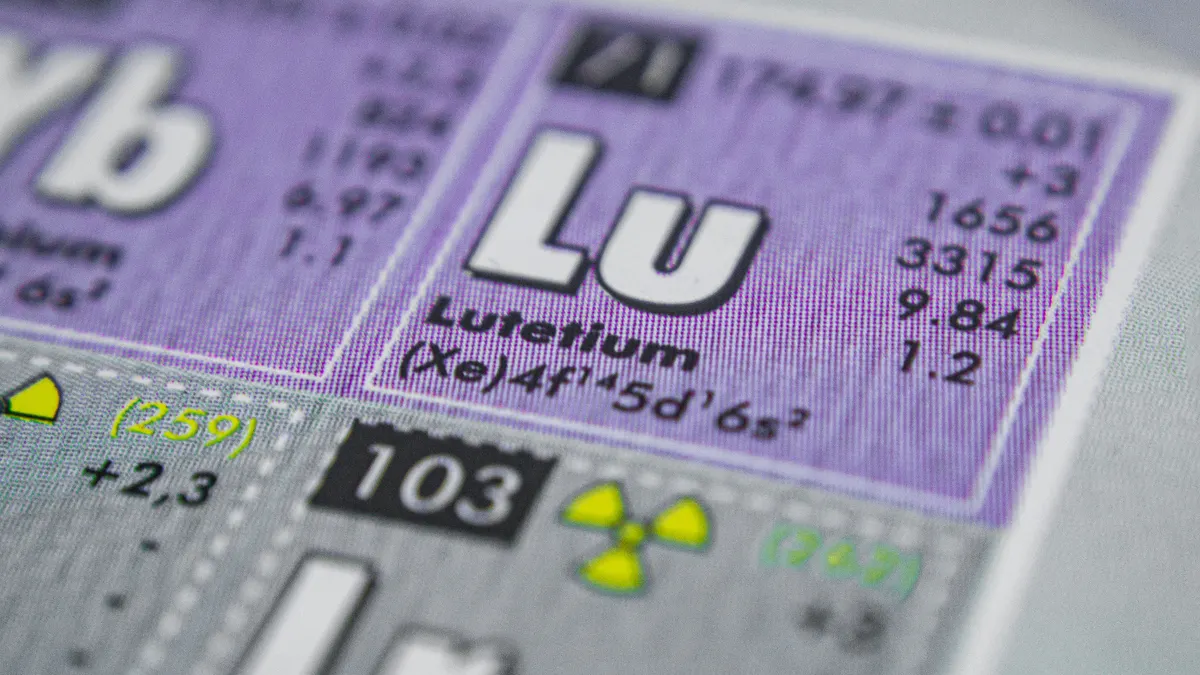Dive Brief:
- A radiopharmaceutical medicine developed by Germany’s ITM outperformed everolimus, an older chemotherapy, in a late-stage study of people with a rare type of neuroendocrine tumor, the biotechnology company said Tuesday.
- ITM’s statement contained no data. But the company said its therapy showed a “clinically meaningful and statistically significant benefit” extending progression-free survival versus everolimus. Treatment was “well-tolerated,” ITM added.
- ITM, which is short for Isotope Technologies Munich, plans to present full trial data at an upcoming medical conference. The company also intends to discuss an approval application with the Food and Drug Administration this year.
Dive Insight:
ITM is a veteran member of a research field that, over the past few years, has undergone a renaissance of investment and industry interest. The company has directly benefited from this boom, receiving $205 million in new funding from a syndicate of private investors seven months ago.
Unlike some other radiopharma drugmakers, ITM supplies the radioisotopes these drugs contain as well as develops them into therapies of its own.
ITM-11, the drug that ITM says succeeded in the Phase 3 neuroendocrine cancer study, contains the isotope lutetium-177, which is packaged together with a compound that targets a protein known as the somatostatin receptor. Both the isotope and the target of ITM-11 are the same as Lutathera, an approved radiopharmaceutical sold by Novartis.
In an interview last June, former ITM CEO Steffen Schuster acknowledged ITM-11 will compete with Lutathera, but noted how he hopes the arrival of his company’s medicine will grow the overall market. “There are so many patients who could get this treatment who don’t get treatment,” said Schuster, who stepped down Sept. 1.
ITM’s study, dubbed Compete, enrolled 309 people with inoperable neuroendocrine tumors that originated in the gut or pancreas and were positive for the targeted somatostatin receptor. Participants in the trial received either ITM-11 or everolimus for up to 30 months, or until their cancer progressed.
“The patients included represent a real-life scenario, and the Compete study evaluates the important question of which therapy might be used first to provide greater benefit to patients,” Jaume Capdevila, a study investigator and senior medical oncologist at Vall d'Hebron University Hospital in Barcelona, said in a statement provided by ITM.
ITM is also studying ITM-11 in other forms of these so-called GEP-NET tumors, as well as in children with somatostatin receptor-positive tumors.















